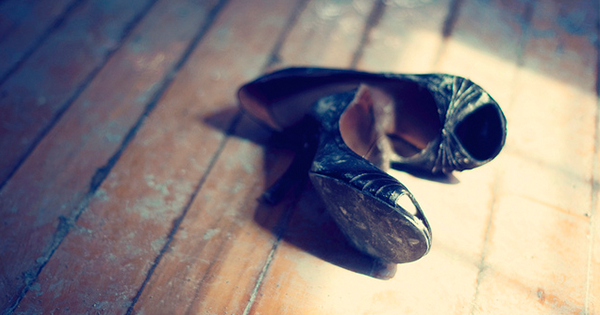
When I first thought seriously of transitioning, the prospect of being judged by certain people in my life consumed me with terror. This concern receded when I realized what I had to do, but I still knew—as any LGBT person coming out knows—there were bound to be casualties. That quietest of euphemisms from the language of war suddenly seems apt: even if we get the mission right, casualties are the price.
In January I taught at an annual writing conference in New Jersey where some colleagues had gone around outing me the year before. The hugs and welcomes from the many couldn’t override the atrocious behavior of the few, and what in previous years had been a joyous occasion was now something to be endured. I don’t yet know the body count from that weekend, just that I was relieved to get home to New York City.
Some casualties come in one-line emails that go something like “I’m happy you’re happy” (translation: I’ll see you never). Others unfold gradually. I have friends who, after two years, still use the wrong pronouns for me and think little of it. Calling a trans woman a man—calling any woman a man—is like punching her in the face, after which the conversation is somehow expected to continue. If they’re not getting the message, then it’s time for me to: they’re casualties.
When I came out to my brother, a fundamentalist Christian, I didn’t know if he’d make it. After an initial phone call, I asked him to stay in conversation with me by phone or Skype, and explicitly requested he not send any long letters. (His penchant for analysis, combined with a lifetime of considering my people sinners, made this an easy call.) Three days later, I received an email from him that was interminable and insulting. It generally takes family a year to adjust to a transitioning member, my therapist told me, two when religion is involved. I told her I haven’t got two years to be mistreated by anyone.
This isn’t about patience. It’s not even about family, or friendship. It’s about casualties—and acceptance: accepting the fact that long before I recognized them as casualties, these people viewed me as one. (Actually, “Doug” was a casualty; I am more of an intruder, a non sequitur at best.) It’s not a time for fighting, but rather for mourning, and making space. For with casualties come replacements: all sorts of people I may not have known well, or at all, appearing out of nowhere, running toward me. They couldn’t have come at a better time.

